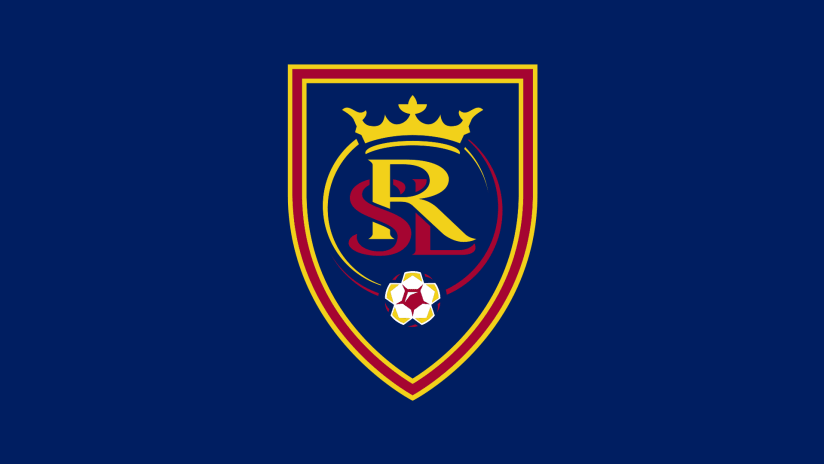As general manager of the Professional Referee Organization (PRO), Howard Webb has a unique perspective on the use of Video Assistant Referees.
MLS was one of the first leagues to introduce the use of VAR and has continued to be praised for the way it uses the system, even as the manner of implementation in other leagues around the world has been met with some debate.
Webb spoke to ESPN about how referees in MLS use the technology, including what qualifies as "clear and obvious," which remains the criteria for determining whether an initial decision by a referee on the field should be overturned. Webb emphasized that the criteria must be central to the decision making, which speeds up the whole review process.
"People get frustrated sometimes by the words 'high bar' and 'clear and obvious' but in our experience, and as somebody that has lived and breathed this now for five years, I'm just as strong now in my belief that the threshold, and managing expectations around that, adds massively to the acceptance of VAR," Webb said. "When you look at something it needs to be really clear, and relatively quick. Be decisive, form an opinion that it's clearly wrong.
"We have to be really careful that we don't change a decision based on subjective considerations when in the eyes of some people the first decision was right anyway," Webb said. "But everything can't be compartmentalized beautifully into a little box. There's going to be some subjectivity."
Webb also talked about the offside rule, which has led to many debates over the implementation of VAR in some other leagues which, unlike MLS, use Hawk-Eye technology to draw lines across the field in order to rule on offside calls. With a number of high-profile instances of goals being ruled out by the smallest of margins, the use of technology has been criticized by some for going against the spirit of the offside law.
For Webb, VAR has provided an extra layer to judging offside for referees but should not serve as a full replacement for the eye test.
"We teach our VARs to take into account the camera angle, and how that impacts their perception of what's happening," he said. "Of course, sometimes the VAR will have a slight dilemma when a player looks just offside, but is it clear enough for them to recommend a review? Also, we only advocate offside flag delay when the offside offense exists but they know it's close. Beyond that is clear offside, where there's no doubt it's offside and there's very little chance of it being wrong. So in that case just stick the flag up, what's the point in delaying the flag? We trust them, they trust themselves. Why would you frustrate and increase the risk of collision?"
"Are we saying this is totally scientific? No," Webb said. "Are we saying it will capture clear errors? Yes. It might still leave some debate but we've had very little push-back. The advantage is we're able to stay true to give the benefit of the doubt to the attacker, stay true to clear and obvious, and we're not disallowing things for minutiae."









